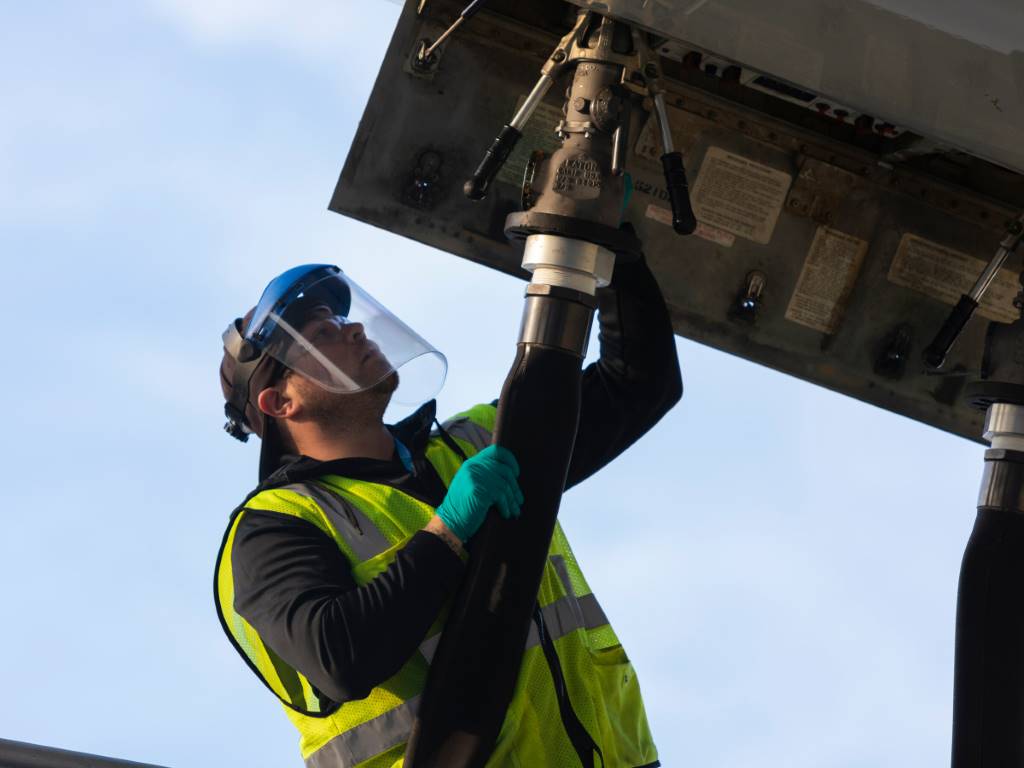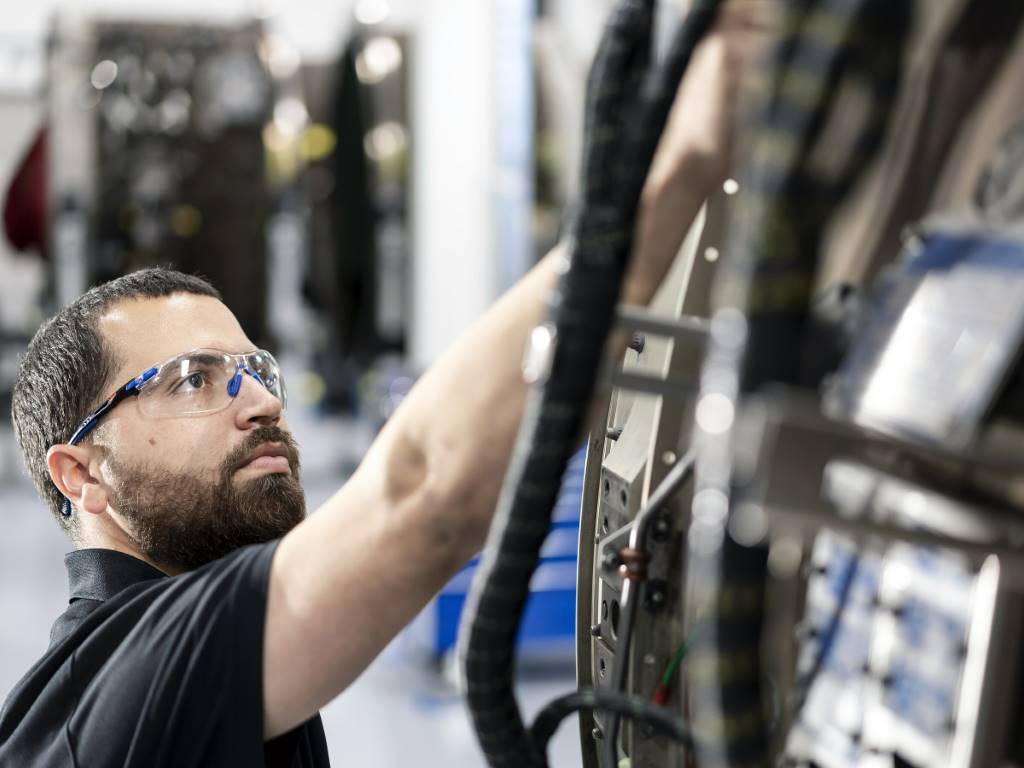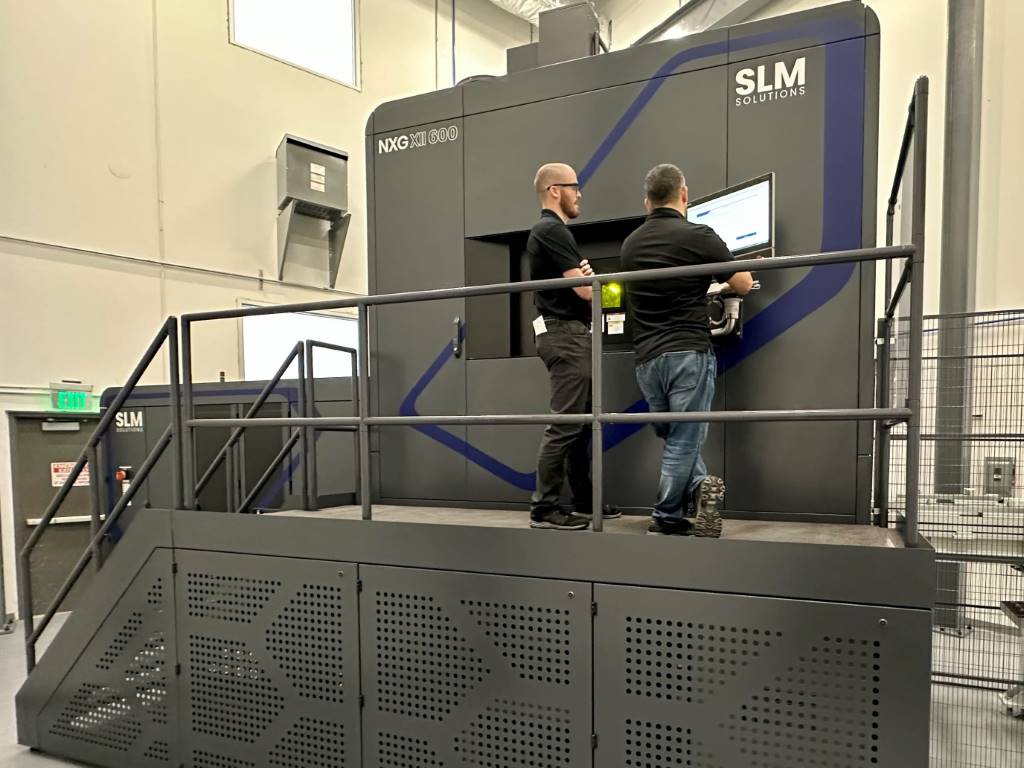An innovation in lubrication

Aerospace component manufacturers have faced a number of challenges over recent years when they need to lubricate their components either as part of their manufacturing process or as a final process.
Some companies had been using Trichloroethylene, but when their process was identified as an ‘intermediate’ process they were unable to continue using Trichloroethylene beyond the sunset date. Some companies had anticipated this and had switched to an alternative chemistry only to be advised later that the alternative chemistry was no longer acceptable to their Health & Safety dept. There were also issues around the manual handling of components and the impact on operators.
This left some component manufacturers with the real possibility of having to discontinue the manufacture of specialist components which formed an integral part of their business.
One international aerospace component manufacturing company, having worked on cleaning projects previously with Layton Technologies approached them with this challenge to see if there were any alternatives available. Since cleaning and coating use similar methodology this seemed like a logical approach.
A series of trials were conducted which eventually identified IPA as a very successful alternative to Trike. The manufacturer was already familiar with IPA, using it for other functions within their business but had not considered it for this particular process due to its potential flammability. Fortunately, Layton’s ATEX approved design equipment is used worldwide for numerous applications utilising all types of flammable solvent so Layton were confident that they could meet the Process Specification and Health & Safety brief.
Layton Technologies developed a design which included ultrasonic agitation and sub surface jets to agitate the fluid when parts are being processed to facilitate a consistent flow of fluid through and around the substrates coupled with an in-tank basket rotation system which ensured that all parts were coated with the lubrication.
The health & safety teams reviewed the proposed machine specification with Layton, identifying the ATEX approved design with vapour detection, flame detection, fire protection and suppression system and approved it for use in their standard manufacturing facility. External automated handling combined with the standard features of the system to allow for process and quality consistency with minimal operator intervention.
This particular machine was additionally fitted with a multi-station automated rotating load table protected by guarding and a fail-safe light curtain to ensure the safety of operators.
The system, like all those from Layton Technologies, has the advantage of being fully designed and manufactured by Layton Technologies who offer a full technical, process and engineering aftercare service, full five-year warranty and planned maintenance support to ensure maximum future efficiency.
Over the term of the project Layton were approached by several other manufacturers with the same or similar lubrication issues and Layton have determined several alternative solutions using similar technology.
The team at Layton have been successful in identifying several new processes in order to overcome the issues with the Trike Sunset Date and other chemistry concerns, address any Health & Safety issues and also to fully automate previously completely manual processes.













